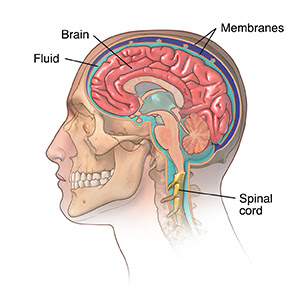Conjunctivitis, also known as pink eye, is an inflammation or infection of the conjunctiva, which is the thin, transparent layer of tissue that covers the white part of the eye and lines the inner surface of the eyelids. The most common symptoms of conjunctivitis include redness, itching, burning, tearing, and discharge from the eye. Conjunctivitis can be caused by a variety of factors, including bacterial or viral infections, allergies, exposure to irritants or chemicals, and certain underlying medical conditions. Treatment for conjunctivitis depends on the cause of the condition and may include topical or oral antibiotics, antiviral medications, antihistamines, or other types of medication. It is important to seek medical attention if you suspect you have conjunctivitis to determine the underlying cause and receive appropriate treatment.
The treatment for conjunctivitis (pink eye) depends on the underlying cause of the condition. Here are some common treatment options:
Bacterial conjunctivitis: This type of pink eye is often treated with antibiotic eye drops or ointment. Your doctor may also prescribe oral antibiotics if the infection is severe.
Viral conjunctivitis: There is no specific treatment for viral conjunctivitis, as it usually clears up on its own within a week or two. However, your doctor may prescribe antiviral eye drops or ointment if the infection is severe.
Allergic conjunctivitis: This type of pink eye is often treated with antihistamine eye drops or oral antihistamines. Avoiding the allergen that is causing the reaction can also help.
Chemical conjunctivitis: If your pink eye is caused by exposure to a chemical irritant, your doctor may flush your eyes with saline or water to remove the irritant. You may also be prescribed antibiotic or steroid eye drops to reduce inflammation.
In addition to medication, there are some self-care measures you can take to help alleviate symptoms of conjunctivitis, such as applying a warm compress to your eyes several times a day, washing your hands frequently, and avoiding rubbing your eyes. Be sure to follow your doctor's instructions for treatment and take all medication as directed.
It's important to note that there is limited scientific evidence to support the efficacy of Homeopathic Or Unani remedies for treating
conjunctivitis or any other medical condition. Additionally, untreated conjunctivitis can lead to serious complications and can be contagious, so seeking professional medical advice is recommended.
If you suspect you have conjunctivitis, it's important to consult a licensed medical professional who can diagnose the underlying cause of the condition and prescribe appropriate treatment. They may recommend eye
drops, ointments, or other medications to relieve symptoms and speed up the healing process. In some cases, they may recommend warm compresses or other home remedies to help ease discomfort.

































